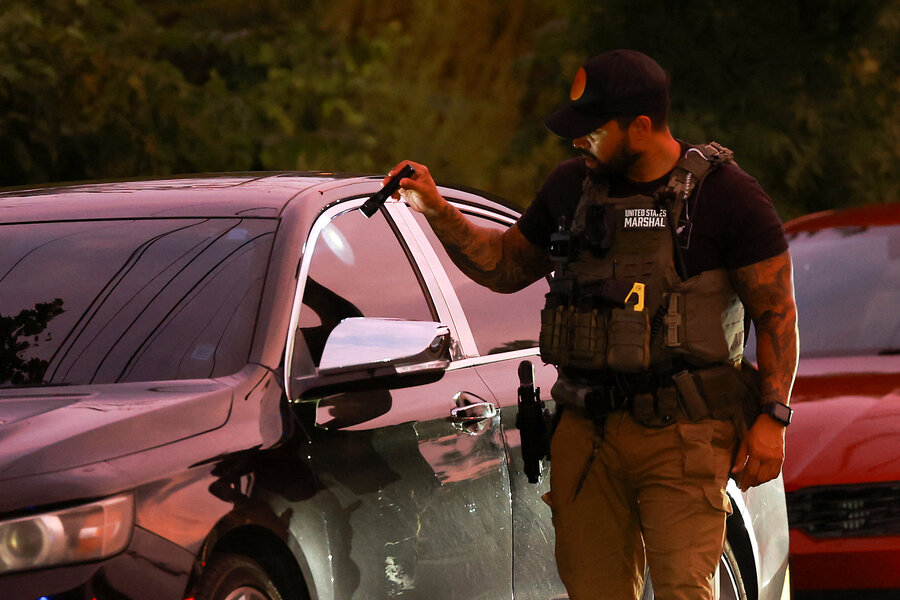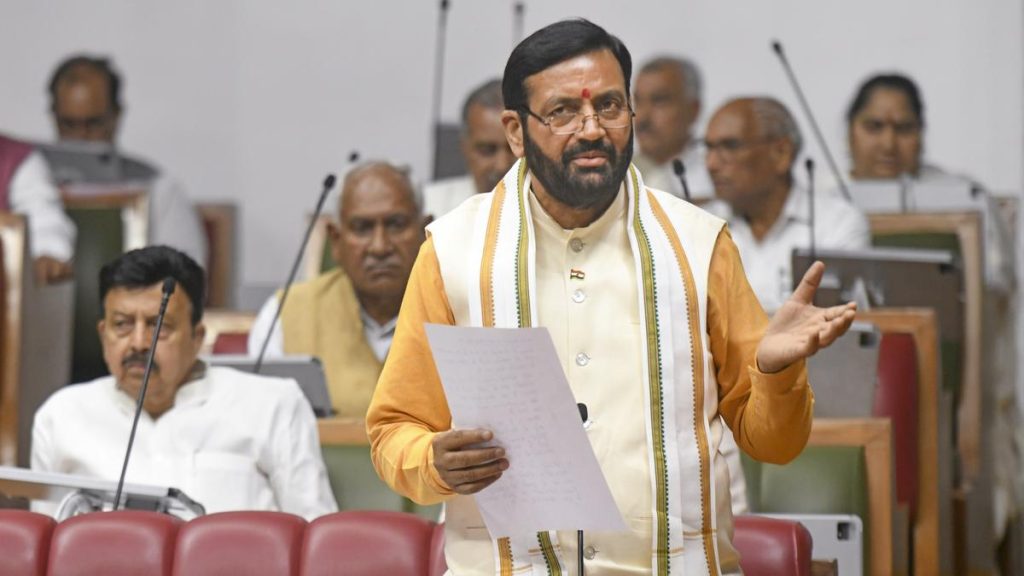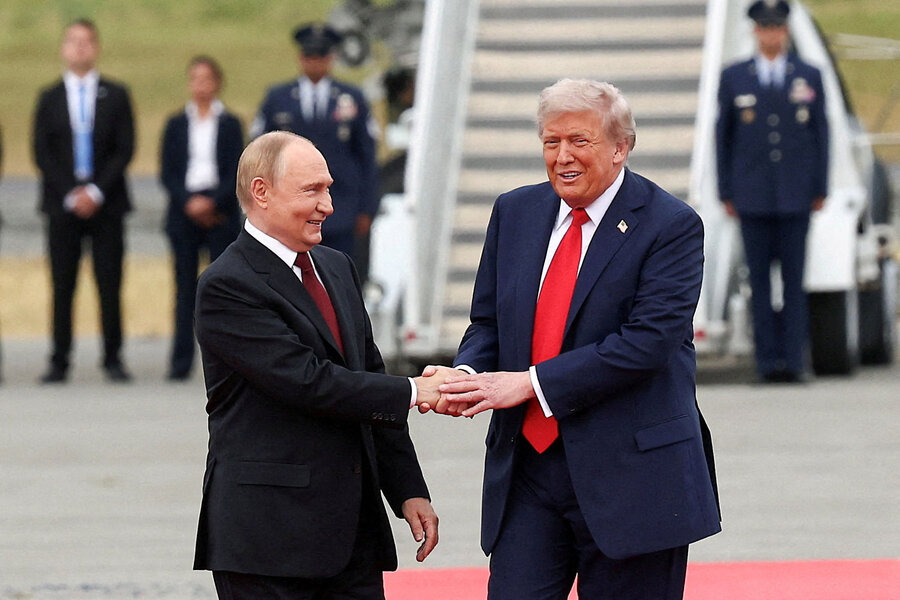Now Reading: Washington Residents Question Federal Troops as Solution to Crime Surge
-
01
Washington Residents Question Federal Troops as Solution to Crime Surge
Washington Residents Question Federal Troops as Solution to Crime Surge

Quick Summary
- The Anacostia neighborhood in Washington, D.C.faces significant violent crime challenges,contrasting citywide drops in crime statistics.
- In 2025, federal troops were deployed to the nation’s capital under the Trump administration’s justification that crime was out of control.
- Deployments such as Humvees parked at key landmarks have stirred controversy and fear among residents and local businesses.
- Crime statistics show reductions between 2023 and 2024: homicides dropped by 32%, sexual abuse cases by 25%, assaults with weapons by 27%, and carjackings by a striking 87%.
- Ward 8,which includes Anacostia,still experiences one of the highest murder rates in juxtaposition to safer neighborhoods like National Mall.
- Experts advocate for targeted community engagement for violence prevention over large-scale militarized law enforcement interventions. Local efforts such as Boston’s Operation Ceasefire demonstrated success through collaborative approaches involving police and social workers.
- federal budget cuts hinder hiring more officers locally despite community needs. Early intervention strategies for at-risk youth are seen as a stronger long-term solution.
indian Opinion Analysis
The heightened presence of federal troops in Washington raises broader questions about effective methods to combat violent crime-a discussion relevant when exploring India’s urban law enforcement policies. Research here echoes findings elsewhere: targeted community initiatives addressing root causes frequently enough prove productive over sweeping zero-tolerance measures or displays of force.
For India, where some cities struggle with high crime rates amidst rapid urbanization, lessons from case studies like Boston’s Operation Ceasefire could offer promising insights into fostering enduring safety. Prioritizing collaborative efforts between police forces and social services could mitigate systemic issues tied to poverty and unemployment-key contributors to urban violence within Indian cities. However, political will remains crucial; an approach focused on engaging communities rather than intimidating them sustains trust while addressing deep-rooted concerns effectively.
While deploying armed personnel may seem pragmatic during crises, reliance on such tactics risks alienating local populations-a cautionary tale applicable globally when governments opt for visible short-term solutions over lasting societal investments.




























